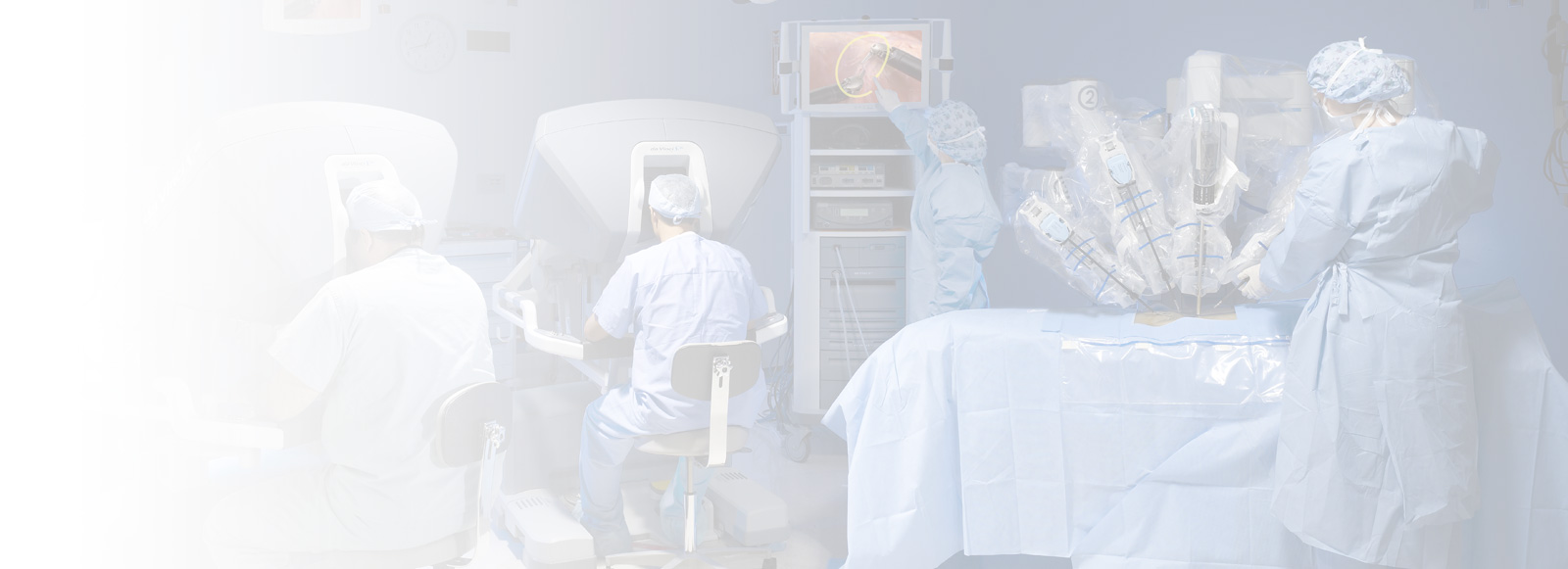Kidney Transplant In Delhi
Best Kidney Transplant Doctor in Delhi
INTRODUCTION
In India, there are more than one million cases of Chronic Kidney Disease (CKD) every year. Therefore, it is of utmost importance that one must regularly consult the best kidney doctor in Delhi periodically. Visiting the best kidney specialist in Delhi periodically gives you the advantage of recognizing the symptoms of kidney diseases, if any, at a very early stage. This way the symptoms can be treated much faster and in a much easier way,suggests the kidney doctor in New Delhi NCR.
UTI and HOW TO PREVENT RECURRING UTI
Urinary tract infections can be prevented from recurring by recognizing its symptoms and visiting the best kidney specialist in Delhi as early as possible. One must follow what the doctor says and take the prescribed medicines at time. Also, the kidney specialist in Delhi NCR recommends that bladder must be released as frequently as possible, especially before going to sleep. Research shows that cranberry juice also helps with UTIs as it prevents growth of bacteria in the urinary tract.
CHRONIC KIDNEY DISEASE
There are more than one million cases of CKD every year in India. The main function of kidneys is filtering waste and excess fluid in the body.According to the kidney specialist in Delhi NCR, With passing time, kidneys fail to function properly. This causes waste to accumulate causing other symptoms in the body.
SIGNS AND SYMPTOMS OF CKD
As kidney starts failing other functions of the body is also affected. Blood pressure goes up as there is excess amount of fluid in the system. Accumulation of Potassium and Urea. It also causes anaemia due to deficiency of Iron.
If you notice any of the above symptoms then you should visit the best kidney doctor in Delhi NCR. The best kidney specialist in Delhi NCR will help you with the best approach towards the treatment for the condition,and if required – kidney transplant in Delhi NCR.
KIDNEY TRANSPLANT IN DELHI
Traditionally, kidney transplant in Delhi is carried out through an incision in the lower abdomen. The length of the wound varies depending on surgeon's preference and the body habitus of the patient. In general, obese recipients of kidney transplant require larger incisions. Similarly, in children, compared to body size, larger incisions are placed for kidney transplant.
The kidney specialist in Delhi NCR suggests that several risk factors for wound related problems are already known like obesity, diabetes mellitus, smoking, etc.
Kidney Transplant patients have additional risk factors like use of immunosuppressant and additional comorbidities,suggests the kidney specialist in New Delhi.
In general, larger wounds are associated with more wound related problems in terms of more pain, longer convalescence and postoperative recovery, poor cosmesis and higher chances of wound infection(especially with immunosuppression).
MINIMALLY INVASIVE SURGERY
It include laparoscopic and Robotic assisted kidney transplant are feasible.
ADVANTAGES OF DA VINCI ROBOTIC SURGICAL SYSTEM OVER LAPAROSCOPY
- Three-dimension vision,
- Control of the camera by surgeon while performing the kidney transplant,
- Articulated wristed instruments with 7° of movements leading to ease of suturing,which increases accuracy while performing kidney transplant,
- Eliminates human tremor-an essential requirement for performing a good vascular anastomosis.
- Precise and fast suturing
LIMITATIONS OF ROBOTIC ASSISTED KIDNEY TRANSPLANT
- Cost of the operative procedure with robotic assisted kidney transplant in Delhi NCR was high compared to open Kidney Transplant.
- Operative time with robotic assisted kidney transplant in Delhi NCR was greater than standard open kidney transplantation
PATIENT ELIGIBLE FOR ROBOTIC KIDNEY TRANSPLANT
- Chronic kidney disease requiring dialysis
- Chronic Kidney disease with symptomatic uremia
- Chronic kidney disease with GFR<20ml/min
PATIENT NOT ELIGIBLE FOR ROBOTIC KIDNEY TRANSPLANT
- Previous major intra-abdominal surgery with high suspicion of intraabdominal adhesion
- High risk patients
- Second Kidney Transplant
- Highly sensitized patients

